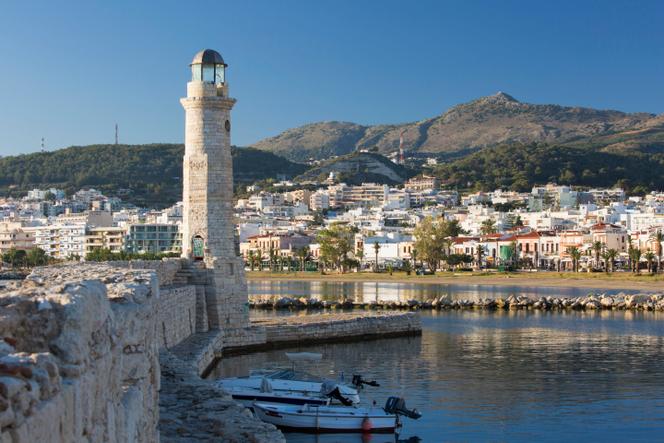

LETTER FROM ATHENS

According to the World Wildlife Fund (WWF), Greece's Ministry of the Economy's draft law on coastal zone enhancement "coastal ecosystems are treated as land for housing and tourist development" and the government is "abolishing the already inadequate setback zone of 30 meters from the shoreline."
Submitted to public consultation for two weeks, the bill has aroused the ire of eight environmental organizations, including WWF and Greenpeace, and generated 1,200 comments on the Economy Ministry's website. The eight NGOs point out that this 30-meter limit is already one of the most lenient in the European Union.
The Barcelona Convention, adopted in 1976 and amended in 1995, prohibits any new construction or installation within 100 meters of the shoreline outside urbanized areas. But, as WWF pointed out, Greece has not ratified this protocol. The bill also reverses the ban on granting concessions in "small coastal areas" (less than 5 meters in length or width, or less than 150 square meters in surface area), with the use of these small beaches to be allocated to hotels, said the NGO.
Theodota Nantsou, head of environmental policy for WWF in the country, believes that "Greece is going backward" and that "this bill risks allowing construction everywhere, while some islands like Ios [in the Cyclades] are already overrun with hotels often built without permits."
Nantsou added that "the Economy Ministry should not manage the coastline like a business." The bill, due to be voted on shortly, also removes an important phrase found in previous legislation: "The coastline is an essential element of the country's natural environment, which must be protected by the state and managed (...) as a public space."
The associations would also like the government to allocate the necessary resources – more inspectors – to regulate illegally constructed buildings, and for decisions to be taken quickly to demolish them. All too often, legal proceedings take years, leaving the Greek landscape overrun with unfinished buildings.
The economy minister, Kostis Hatzidakis, has responded to the criticism, saying on the contrary that the new legislation will bring order and strengthen controls over illegal construction. "Despite staff shortages, last year (between July and September 2023) we carried out 4,500 checks and recorded 1,750 offenses," stated Hatzidakis, who also foresees inspections using drones in 2024 and stricter penalties that may go as far as closing down companies found to have illegally constructed buildings or deployed umbrellas on beaches without leaving enough free space for local residents.
You have 47.81% of this article left to read. The rest is for subscribers only.
